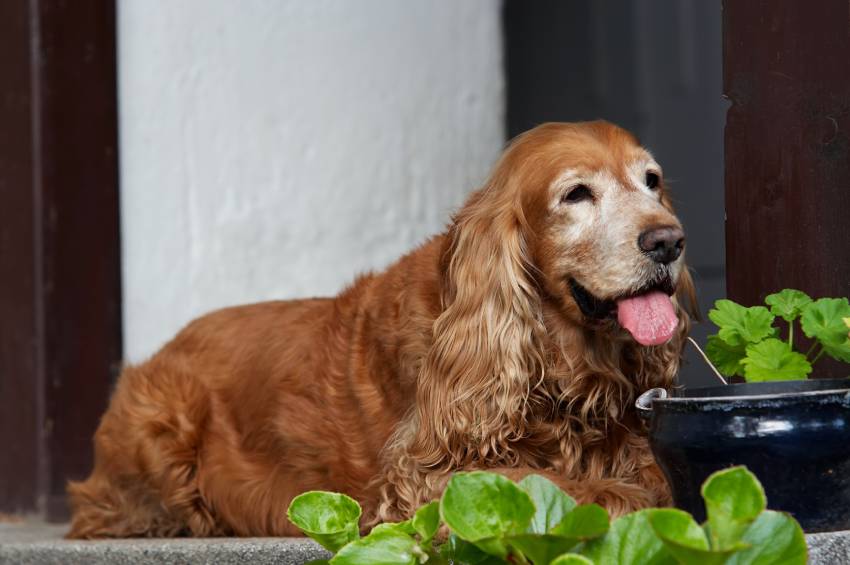Caring for your older dog and how to care for it as it ages.
Different breeds and dimensions of pets will certainly age at different rates as well as lots of take into consideration that some breeds may be hardier and live longer than full-blooded breeds. Nonetheless, regardless of what the type or dimension, eventually a pet dog will exhibit signs of aging. Start preparing yourself and keep an eye out for any type of changes in your pet’s wellness, state of mind or habits.
Like human medicine, vet medicine has actually made big strides in treating senior animals allowing our pets to live longer than in the past. The key is to recognize any type of problems at as early a stage as possible. And talk with your Veterinarian.
The Aging Process for Dogs
Some obvious indications of aging might consist of: lower energy and more sleep; eating less; being startled by noises, bright lights, or activity; not coming as quickly when you call (this might indicate hearing loss or physical troubles such as arthritis); skin with less elasticity; eyes that are not as brilliant or might even be clouded (consider the possibility of cataracts); or loss of bladder or digestive tract control.
Maintaining Your Senior Dog in a Comfortable Environment
Sometimes, taking care of your older pet might require patience and perseverance. Supplying old canine care truly isn’t that different to looking after an aging individual. Humans can lose their hearing and eyesight as they age. They can also forget where they are and all of these can affect your older dog. Patience, love and kindness are the key here while making every effort to maintain your dog in as comfortable a situation as possible.
Urinary incontinence can be another issue for older dogs. Leaking usually takes place when the pet dog is resting and they are totally unaware of it. It is possible to get help for pet dogs as well as owners when taking care of canine urinary incontinence. Make sure to ask your vet about this.
Responsible and loving pet treatment at any age includes regular veterinary checks, up to date vaccines and necessary tests. Your pet’s Veterinarian will routinely examine your pet dog’s teeth and also gums for any signs of plaque, decay and any other problems. Like people, healthy teeth and gums are just as vital for our canine friends and for their general health and wellness. Absence of oral care can create various other systemic issues like heart problems and arthritis.
It can not be emphasized enough that good health begins with a healthy diet regimen. This goes for both people and our family pets. A healthy diet plan should start the day you bring your pet dog home. By providing healthy and nourishing food at an early stage, your pet will normally develop a solid body immune system securing him from illness.
As your pet ages, take notice of his hearing and vision. Be aware that his coordination might come to be much less trustworthy causing difficulty with stairways or simply getting around. Tactically put. child entrances can make certain that your dog does not take a tumble or hurt himself.
Finally, make certain you provide loads of love to your aging pet dog as part of their treatment. Keep in mind that your pet is the same dog he or she has always been, with just a little bit a lot more gray hair and a little bit less dexterity. Shower him or her with lots of affection and love as you always have, to ensure that she or he still feels like part of the household.


